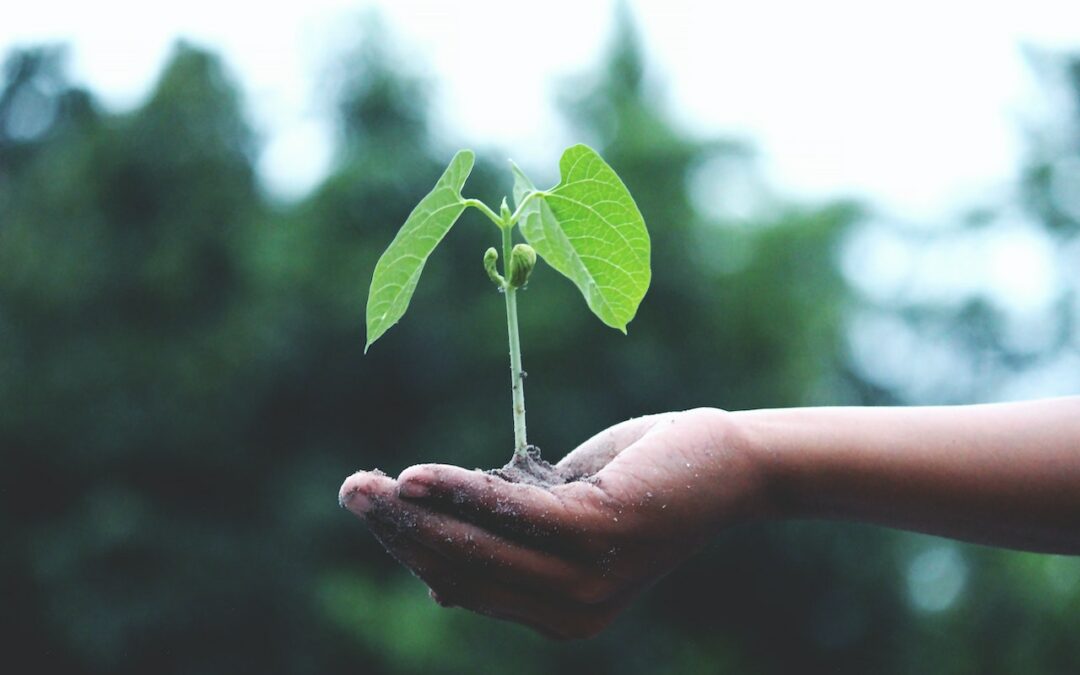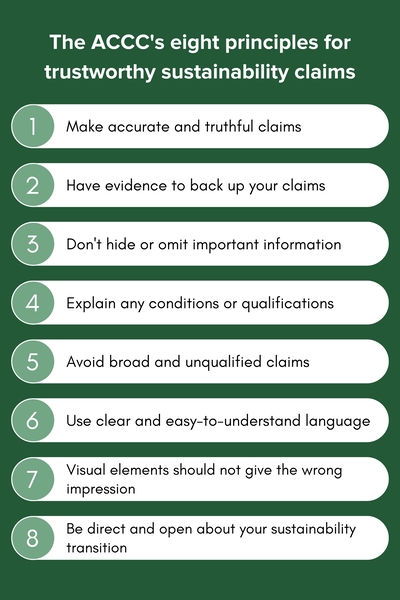


The Materials: How natural fiber producers ally for next Natural Fibre Connect
This post was originally published on The Spin OffNatural Fibre Connect will hold its fifth event...
How Ethical Is Boohoo?
Our editors curate highly rated brands that are first assessed by our rigorous ratings system. Buying through our links may earn us a commission—supporting the work we do. Learn more. Boohoo has expanded rapidly since its launch in 2006. With such growth comes great responsibility, but is Boohoo taking that seriously and working responsibly? […]
The post How Ethical Is Boohoo? appeared first on Good On You.

Waste not, want not: exploring the 2024 Waste Expo Conference
The 2024 Waste Expo Australia event is around the corner, with over 100 industry leaders and speakers set to share insights and encourage discussion around waste and sustainability topics.
The two-day event runs from 23–24 October at the Melbourne Convention and Exhibition Centre. The expo brings together leaders in waste, recycling, resource recovery and sustainability, providing a platform for discussion and collaboration.
The conference schedule includes an extensive program of industry speakers covering four key streams: Government & Policy; Circular Economy; Construction and Demolition & Commercial and Industrial (CD&CI); and Waste to Energy & Case Studies.
It will feature over 100 speakers across 60 sessions, including TOMRA Cleanaway CEO James Dorney, ALOA Chairman Daniel Fyfe and Return It CEO Marc Churchin.
Over 3000 attendees are expected, including representatives from waste services, landfill, government, consultancy and material recovery facilities.
Waste Expo Australia provides an important opportunity to collaborate with and hear from industry-leading experts across the waste and resource recovery value chain.
Waste Expo Australia Exhibition Manager Sherri Pearson is thrilled to be bringing the expo back for another year. Between the exhibition, conference and networking event, Pearson said there is something for everyone.
“Maintaining the reputation of excellence from previous Waste Expo Australia conferences, we are very fortunate to be joined this year by some fantastic speakers and industry leaders in the waste management sector. We are proud to provide a platform from which people can gain industry insights through case studies and panels.”
“Through the Expo, we hope to encourage thought leadership and progress within the sector while also offering a sourcing platform for business and operational needs, and peer-to-peer networking,” Pearson said.
The conference, trade exhibition and networking function are free to attend, and registration is open now.
Register to attend and view the full conference program at wasteexpoaustralia.com.au.

GECA releases position statement on making recycled content claims
Whether you’re a business, specifier or individual consumer, buying products made with recycled content can help keep materials out of landfills and groundwater, grow new markets, and encourage more manufacturers to use recycled materials and rethink product design. Minimising the consumption of virgin resources can save water and energy and reduce pollution.
Greenwashing harms brand value and can undermine credibility, creating scepticism around recycled content claims. It can also expose businesses to serious legal risks. The Australian Competition & Consumer Commission (ACCC) has prioritised greenwashing as a significant compliance priority. What you exclude can be just as meaningful (or misleading) as what you include — for example, claiming that your product is made from 100% recycled plastic yet failing to be upfront that plastic only makes up a small portion of the product’s overall ingredients.
GECA infographic outlining the ACCC’s 8 Principles to Guide Businesses’ Environmental Claims.
Recycled content claims relate to items containing a specific amount (by mass percentage) of pre-consumer or post-consumer recycled material. This excludes rework, regrind or scrap produced in the manufacturing process, which could be reclaimed within the same process that generated it.
GECA’s updated position requires all recycled content claims to include the following:
A precise percentage of recycled content that specifies the type of recycled material, such as glass, plastic, rubber or timber. A product may have two types of recycled materials — for example, 90% recycled plastic and 95% recycled timber — or only one, such as 100% recycled rubber.
A statement on whether the recycled material is pre-consumer or post-consumer material. If there is a mix of both, the percentage of each shall be specified.
Disclosure of any virgin material categories that make up the final product and their percentage total of the product by weight. Examples of virgin material categories may include inks, additives, dyes and adhesives.
The recycled content calculation for any claims must conform with ISO 14021:2016 and be approved by third-party assessors.
Critical tips for any business promoting a recycled content claim include considering the overall impression created, including visual elements. Ensure you’re not insinuating more than your claim covers. Is evidence of your claim and all associated information prominent and easily accessible to the public, such as on your product’s website page? And when communicating your claim, have you used clear language free from jargon?
An example of how to put GECA’s guidance on communicating recycled content claims into practice. For a larger image, click here.
Not all recycled products can be considered equal regarding the environmental, health and social impacts generated during manufacture, use and disposal. GECA’s Recycled Products ecolabel standard defines sustainable performance benchmarks for these products throughout their entire life cycle — making it easier for consumers and procurement teams to identify your leadership.
Top image credit: iStock.com/aydinmutlu
